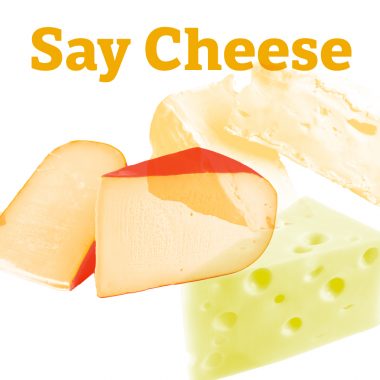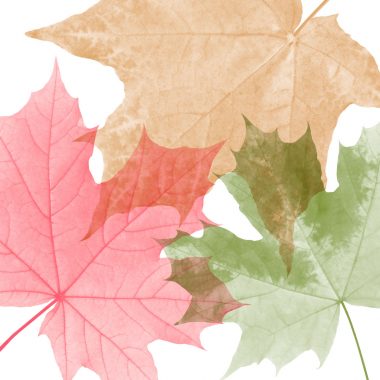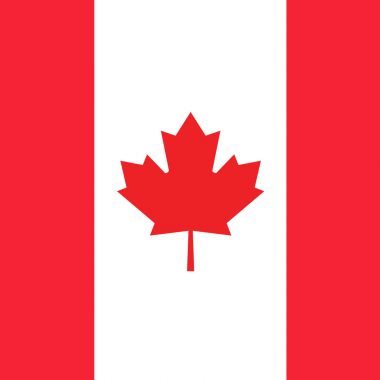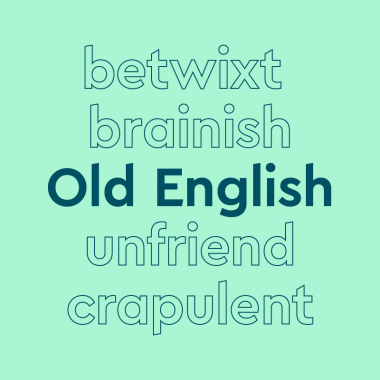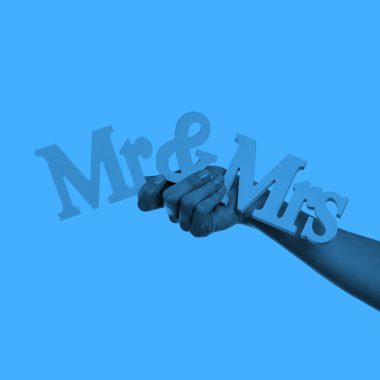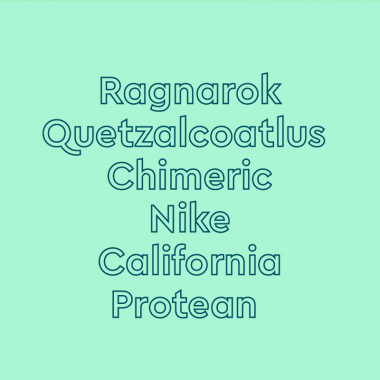What Does The Word “Halloween” Mean?
Fittingly, everything about Halloween is a bit bizarre. Kids put on costumes and demand candy from strangers. People decorate their houses with spiderwebs and gravestones. Even the word itself sounds weird. Where does Halloween come from? And how did the celebration of all things spooky come to have a history that’s intertwined with an ancient Celtic festival and a Christian holiday in honor of saints? …

